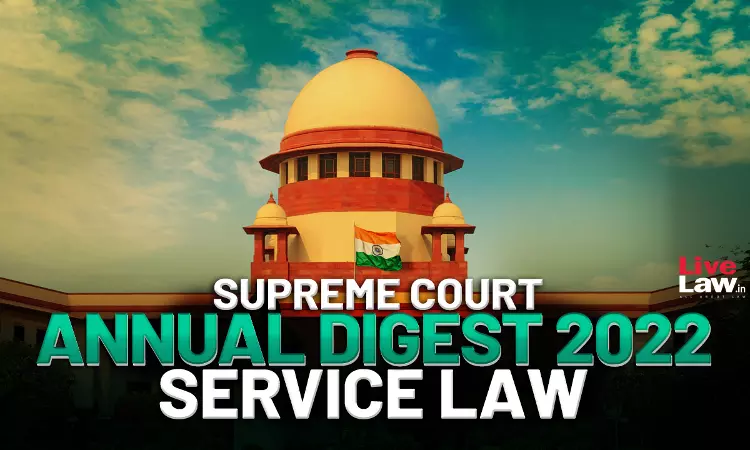Next Story
24 Jan 2023 12:17 PM IST
Acquittal in Criminal Case Disciplinary Proceedings - Acquittal in Criminal Case - The acquittal of the accused in a criminal case does not debar the employer from proceeding in the exercise of disciplinary jurisdiction - In a prosecution for an offence punishable under the criminal law, the burden lies on the prosecution to establish the ingredients of the offence beyond...

